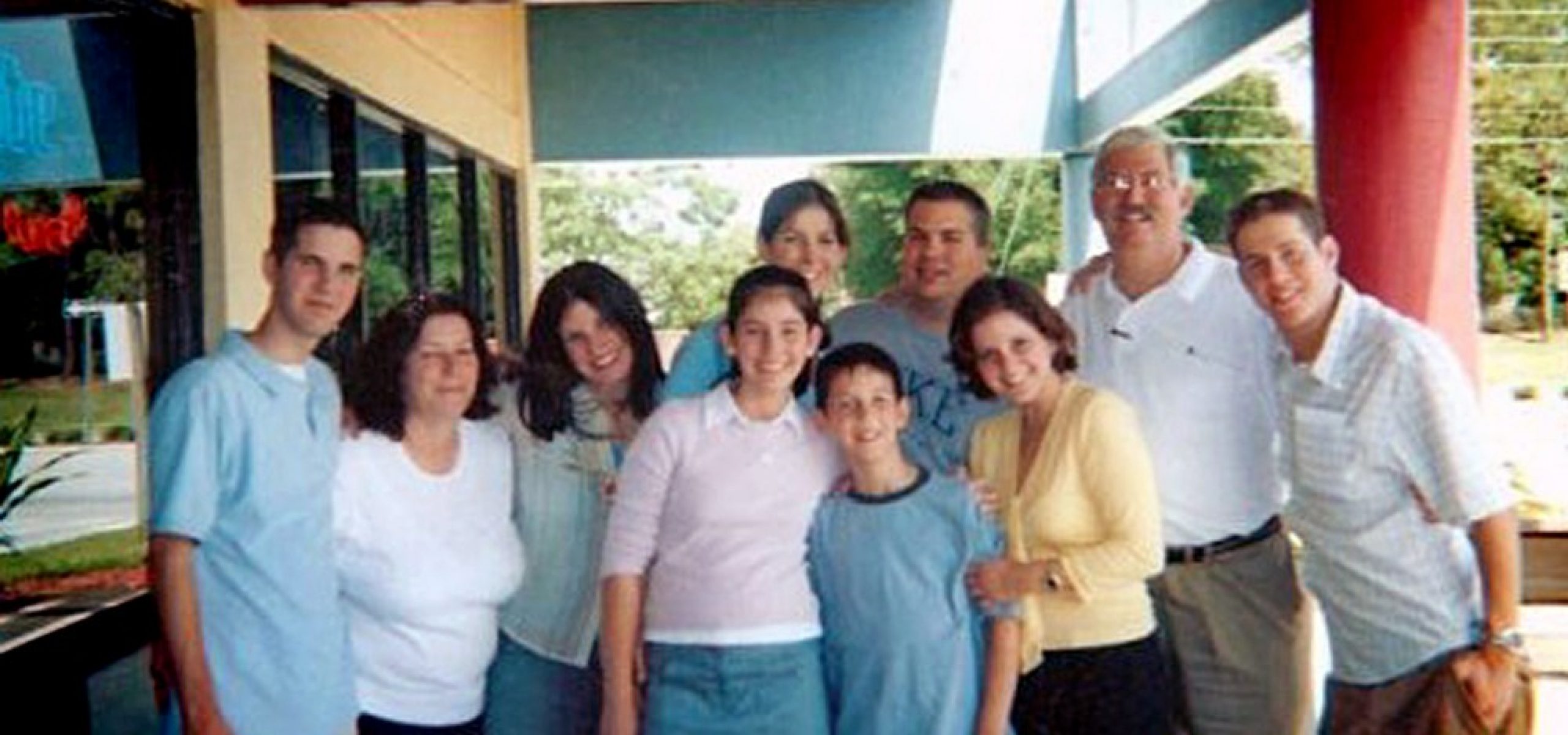By Jason Rezaian
Global Opinions writer
December 3, 2018
The families of Americans and other foreign nationals imprisoned in Iran are calling on world leaders to confront the Islamic republic over its long legacy of state-sponsored hostage taking.
For decades the international community has failed to summon the political will to tackle this problem. But now there is growing momentum for rooting out a long-established pattern of thuggish behavior by the Iranian regime.
The Thomson Reuters Foundation has published a report showing that, despite Iran’s persistent claims to the contrary, these arrests are arbitrary in nature and are designed to specifically extract concessions from foreign governments. (The foundation employs British citizen Nazanin Zaghari-Ratcliffe, one of the detainees.)
In a joint letter released Monday, the families noted that the “evidence is conclusive, and we should call this what it is: hostage taking.” Since U.S. citizen Robert Levinson disappeared in Iran in 2007, the letter notes, “over 50 persons with some connection to a western power have been taken hostage by Iran.”
According to the Reuters report, as many as 20 individuals are still held hostage by the Iranian regime, as relatives of several prisoners have chosen not to publicize their detentions.
In September, during the United Nations General Assembly, some of the families of the hostages gathered in New York, for the first time, to commiserate and brainstorm on action.
I attended that September meeting along with my wife and brother. We went to share our experience with those families who are still struggling to win the freedom of their loved ones. It was a sad occasion, but the realization that they are not alone has motivated them to make a collective bid for greater action by allied governments.
Making this a problem that is not solely American, I believe, is a smart move – one that is long overdue.
One of the previous occupants of my cell in Evin Prison in Tehran was Saeed Malekpour, a Canadian who has been detained since 2008. Within days of my release, Nizar Zakka – a Lebanese citizen who is a U.S. permanent resident and was in Tehran to speak at a conference on the invitation of a member of Iran’s cabinet – was moved into that same cell.
Relatives of both men are among the letter’s signers.
To his credit, President Trump has repeatedly prioritized freeing the hostages, although the administration has yet to bring home any of the Americans detained in Iran.
Senior State Department officials who work on Iran attended the family meeting in September, reiterating the president’s commitment to putting an end to the Islamic republic’s ugly habit of imprisoning innocents for use as future leverage.
“Our relationship with Iran will never improve until they release the American citizens they have unjustly imprisoned. Respectable countries don’t take hostages,” Nikki Haley, the U.S. ambassador to the United Nations, told me via email.
Although the November 1979 raid on the U.S. Embassy in Tehran, when 52 American diplomats were taken hostage and held for 444 days, was one of the defining moments of the revolution in Iran, citizens of other countries have also been targeted.
“The similarities between our loved ones’ cases are striking,” the family statement notes. “Each story is not just a case of arbitrary detention by the Iranian government, these are all deliberate and tactical moves by that government to secure bargaining chips.”
I have spoken with officials from several U.S. allies since my release, and while they agree that this is a global problem, there is a quiet consensus that Washington must take a lead role in solving it. Yet given that Washington has no direct lines of communication with Tehran, how this can be done remains unclear.
Needless to say, Iran could create some much-needed goodwill for itself by releasing all of these hostages.
The British Foreign Office is aggressively seeking the release of its citizens being held in Iran. During a visit to Tehran in November, Foreign Secretary Jeremy Hunt made the release of Zaghari-Ratcliffe – who has been detained on trumped-up charges and separated from her husband and young daughter since April 2016 – a top priority in his meetings with Iranian officials. He continues to call them out publicly, asking Tehran to release all unjustly imprisoned foreign nationals.
“I went to Iran with a clear message for the country’s leaders: Putting innocent people in prison cannot and must not be used as a tool of diplomatic leverage,” Hunt told me. “If they continue to do so, there will be consequences.”
The reality, though, is that for nearly 40 years there has been no real punishment for Iran’s hostage taking. Conversely, some factions of the regime in Tehran see it as a key instrument of their foreign policy.
It is time for world powers to publicly affirm that Iranian hostage taking is unacceptable. This is an urgently needed first step in a concerted effort to change Tehran’s often destructive behavior. But such action will have an effect only if further abductions lead to clear consequences.
